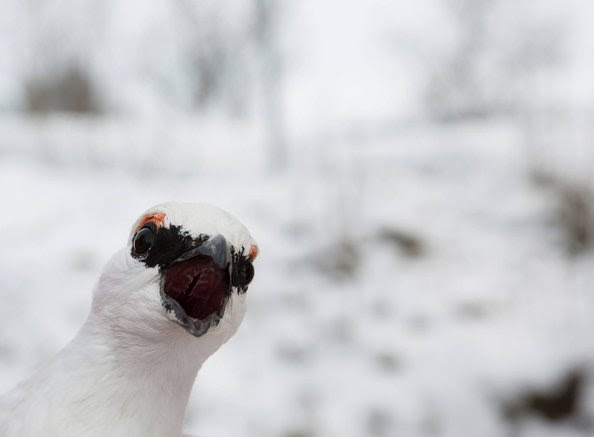Dutch researchers in oldest scientific journal of the world
The oldest scientific journal in the world, Philosophical Transactions B, is devoting a complete theme issue to new joint research in the field of chronobiology and ecology, initiated by researchers of the University of Groningen and the Royal Netherlands Institute for Sea Research (NIOZ). ‘A great honour’ says Prof. Theunis Piersma of NIOZ, ‘since Philosophical Transactions published by the Royal Society London is the journal in which Darwin and Van Leeuwenhoek published.’
The impact of the biological clock on nature and our lives is enormous. Jet lag, hormones, health: a lot is associated with the clock that keeps the time in our bodies. This not only applies to people, but to almost all other organisms on our planet. Understanding this clock is crucial, which is why research on this subject recently received a Nobel Prize. In order to truly understand its influence, research is needed in the natural circumstances that formed this clock. ‘Ecology and chronobiology, the biology of the clock, must be reunited’, says special editor Prof. Menno Gerkema of the University of Groningen. ‘Sixty years ago these disciplines cooperated, but then chronobiologists started focussing on the mechanics of the clock and ecologists on timing in nature. They need each other, though, to reveal the true impact of time on organisms.’
Wild ClockIt is therefore time that ecologists and chronobiologists start speaking the same language again. To this end, researchers from the University of Groningen (UG), the Netherlands Institute of Ecology (NIOO-KNAW) and the Royal Netherlands Institute for Marine Research (NIOZ) jointly organized an international symposium on 'Wild Clocks'. It sparked more than 10 academic publications on the keeping of time by wild animals, collected in a special edition of Philosophical Transactions by the Royal Society B, which appeared on 19 November .

From hungry to horny
In addition to the day-to-day clock, of which we know quite a lot by now, there are the rhythms of the seasons and the tides. Much less is known about these, and they are hard to research from an office. So, out we go, with all sorts of new tools to help scientists. They can secretly adjust the clock's mechanism, while substances reveal to them the position of the clock in the brain and the body and make it much easier to track animals in the wild through both space and time. This includes long-distance migratory birds, who make use of temporary food peaks in areas a few thousand kilometres away. A clock can also help them navigate during the trip.
But what does nature or, for instance, a potential partner base selection on exactly? The clock appears to be either killjoy or matchmaker in all kinds of interactions, from feeling hungry to feeling horny. ‘And the sea clock is the most complicated of all’, says NIOZ researcher Prof. Theunis Piersma. ‘Not only the rhythms of day and year play a role here, but also those of ebb and flow and of the moon.’ That's a lot of clocks ticking in one and the same animal, a delicate system that must not be disturbed by, for example, light pollution or climate change.
Evolution
There are mice who suddenly become day active under natural conditions while they are night active in the lab. This makes quite a difference for the conclusions of one's research. Also at higher levels there are plenty of differences in rhythm between lab and field research. NIOO researcher and Animal Ecologist Prof. Marcel Visser summarizes the importance of field research: ‘We can only understand why the clock works the way it does if we study “wild clocks”, clocks that formed under natural conditions through evolution.’
More information
Wild Clocks Theme issue
: integrating chronobiology and ecology to understand timekeeping in free-living animals, composers/editors William J. Schwartz, Barbara Helm and Menno P. Gerkema. Philosophical Transactions of the Royal Society B, 19 November 2017.
More news
-
15 September 2025
Successful visit to the UG by Rector of Institut Teknologi Bandung
